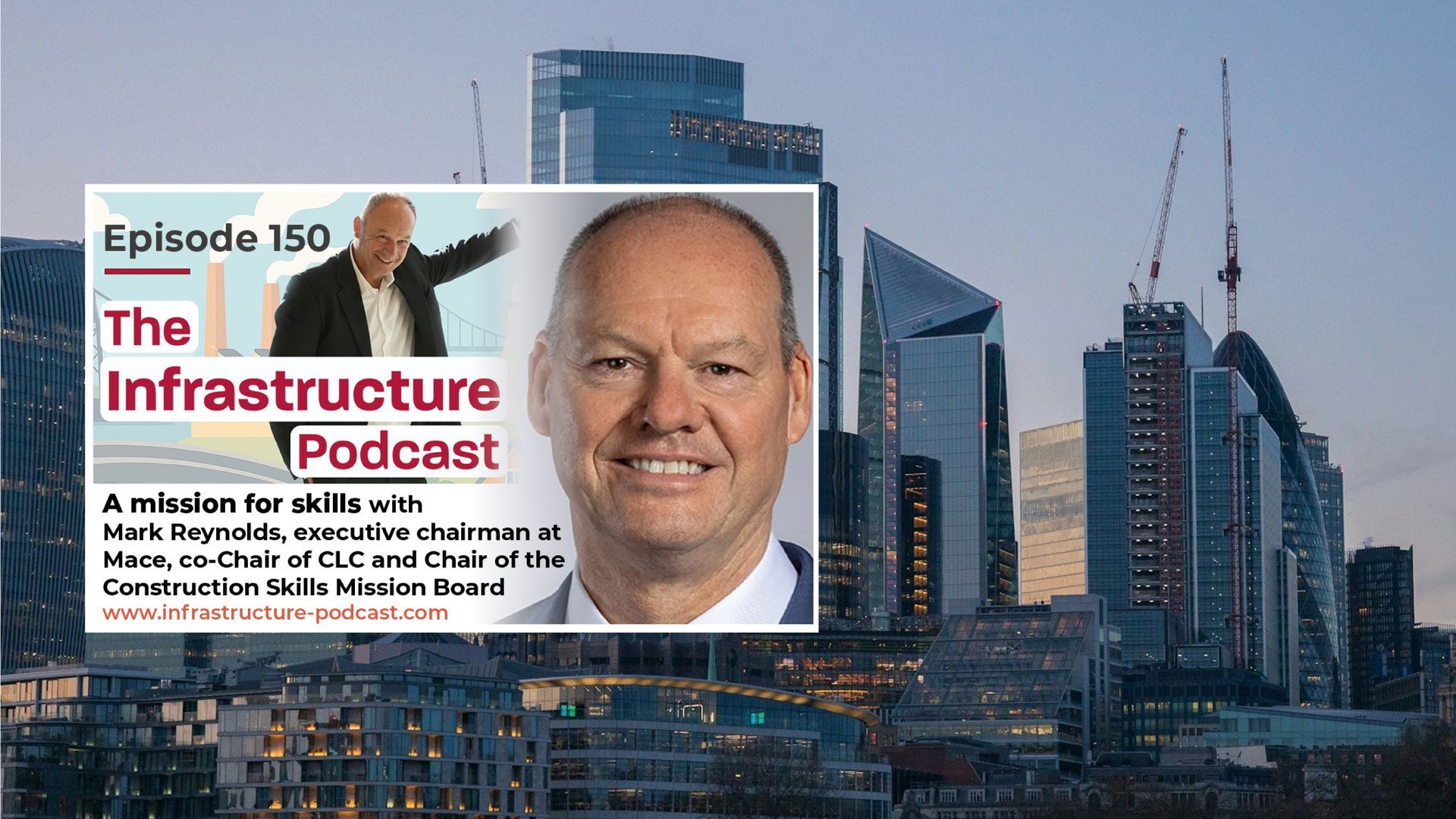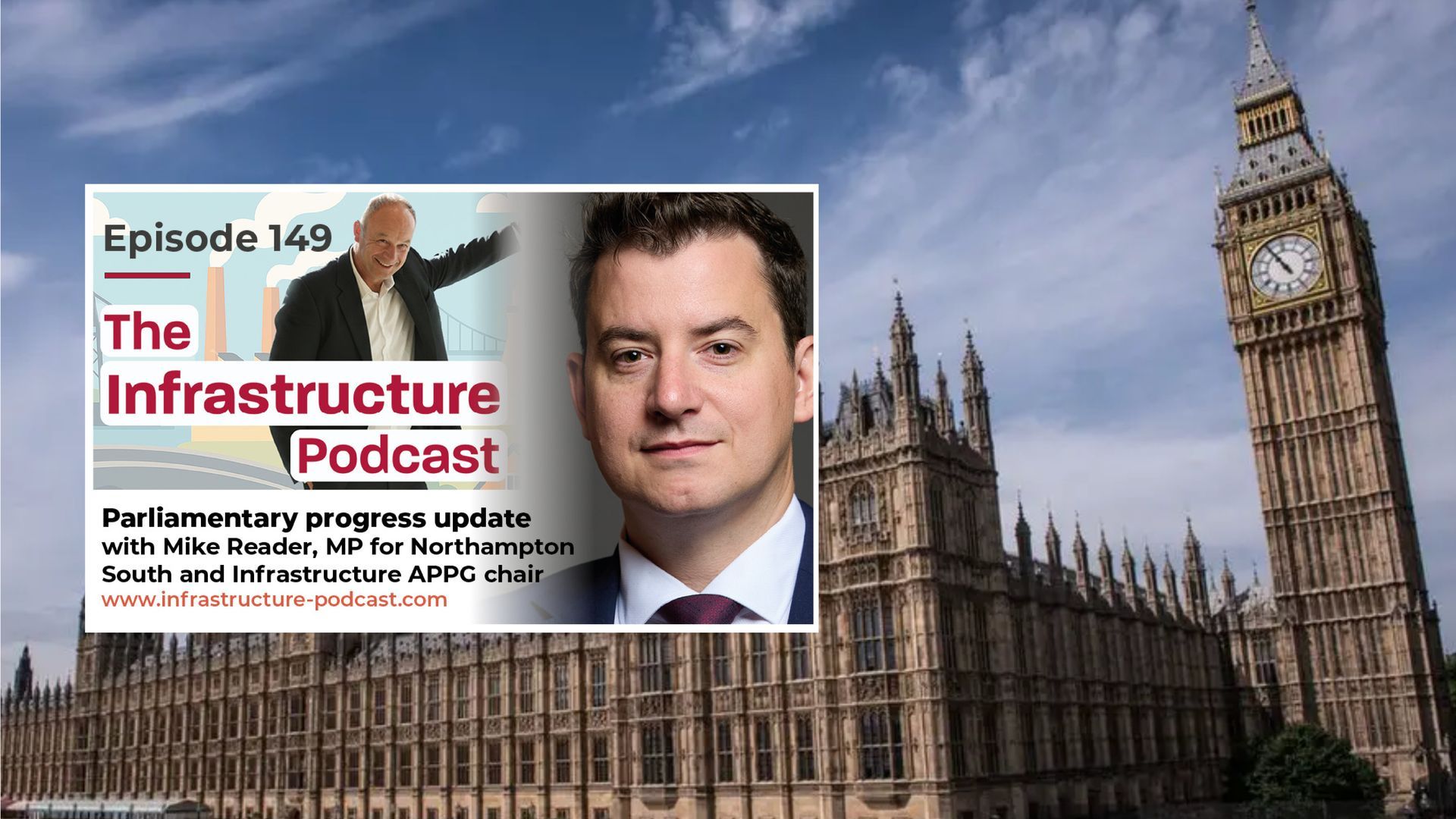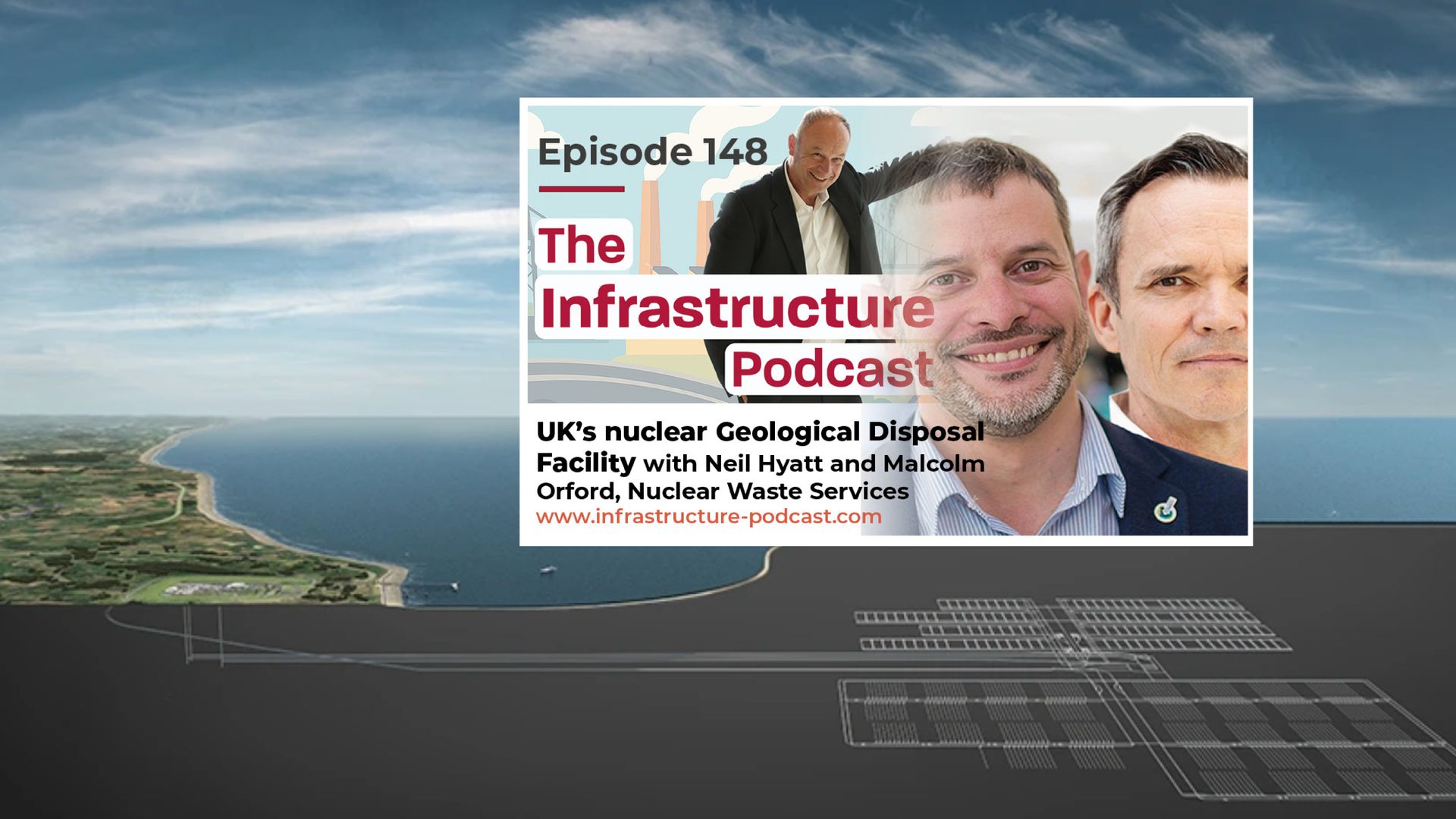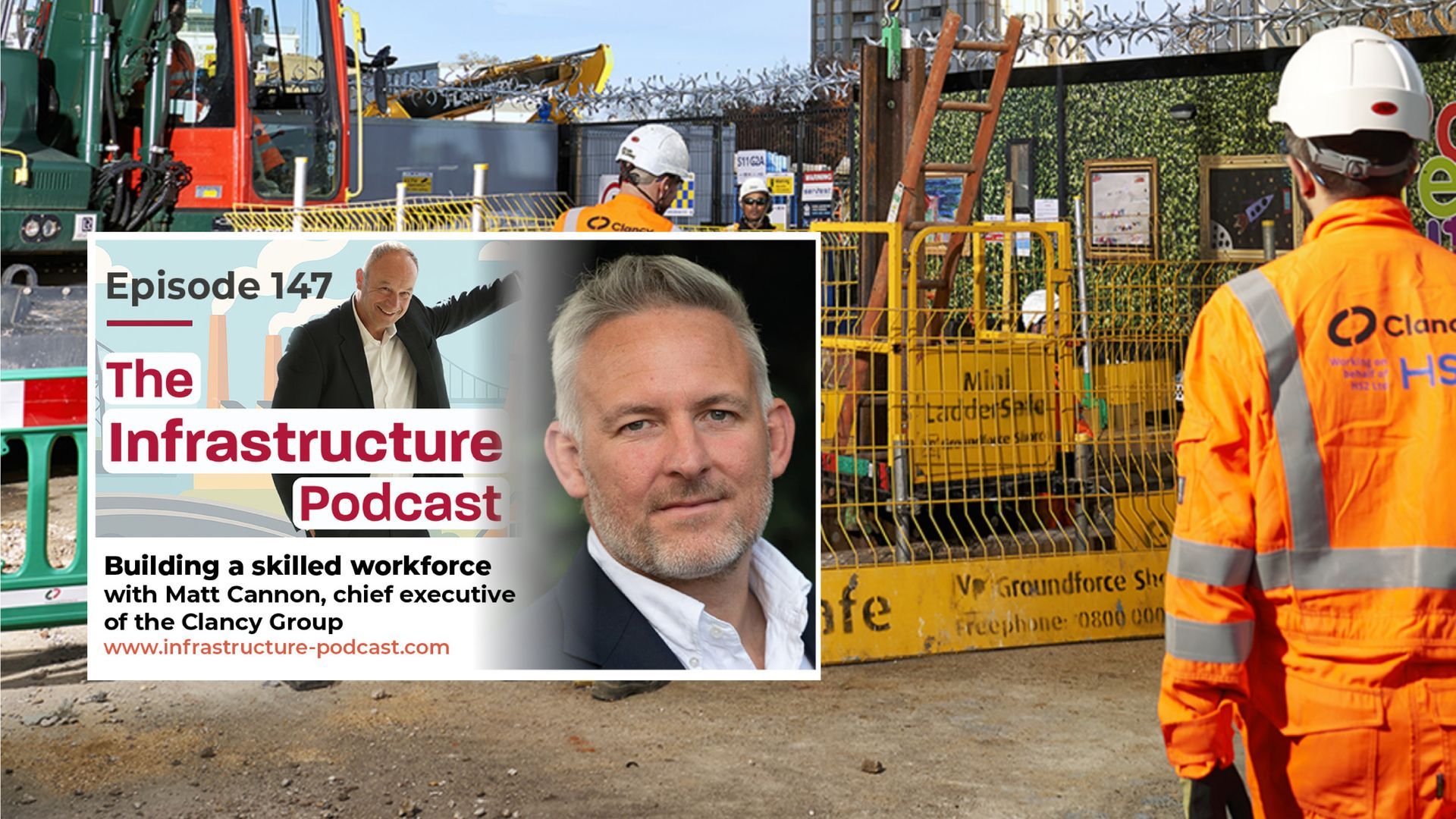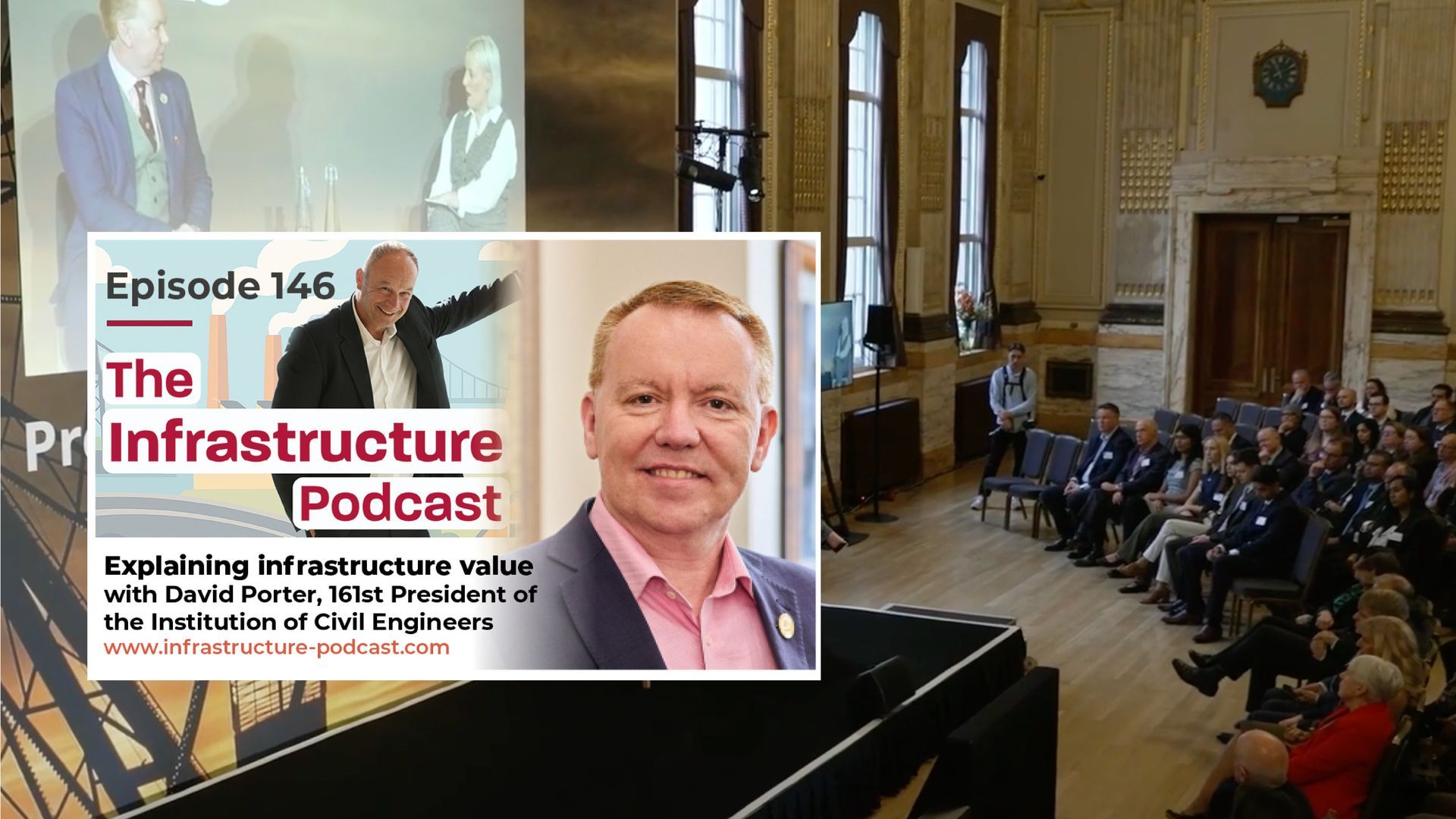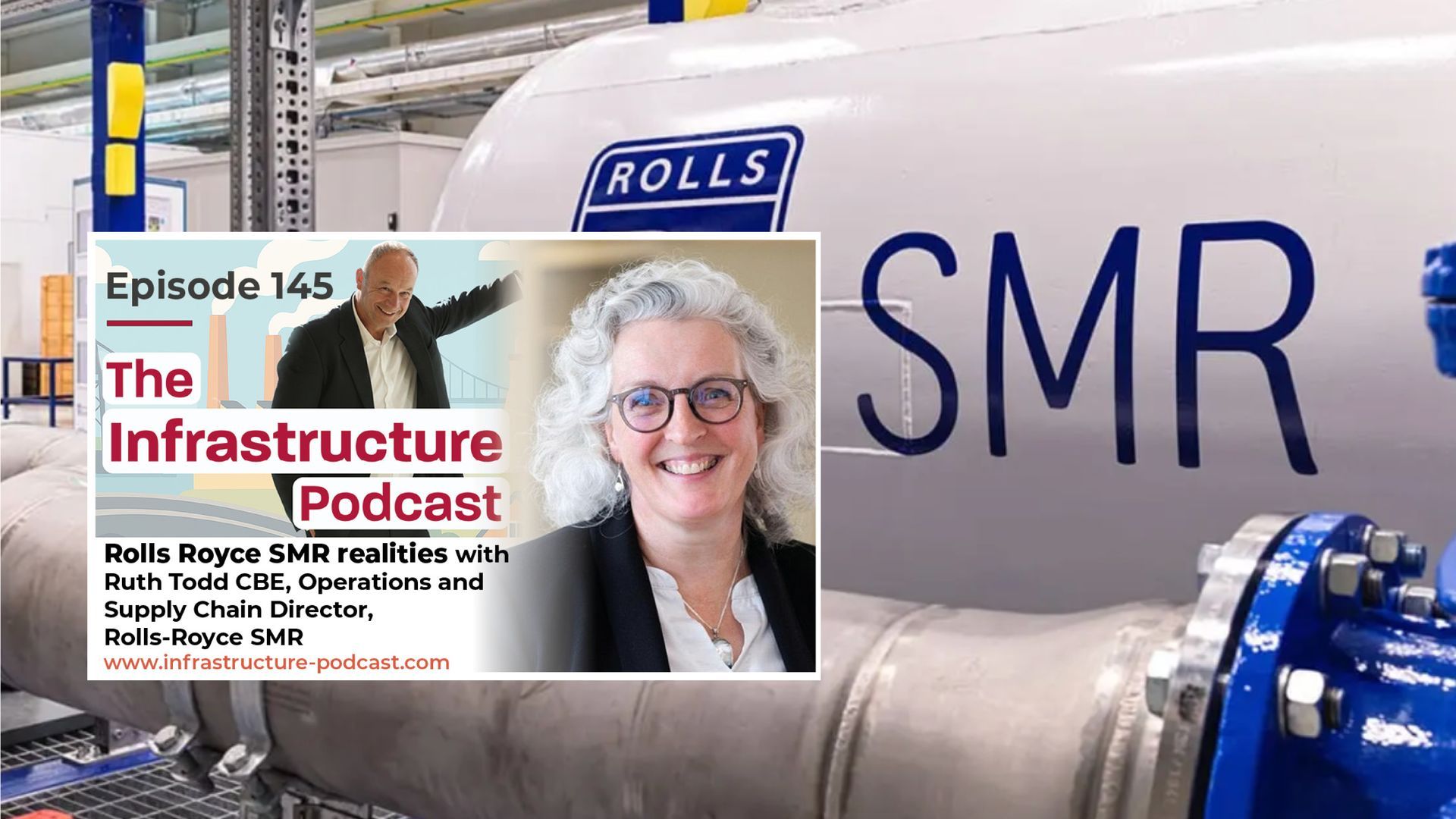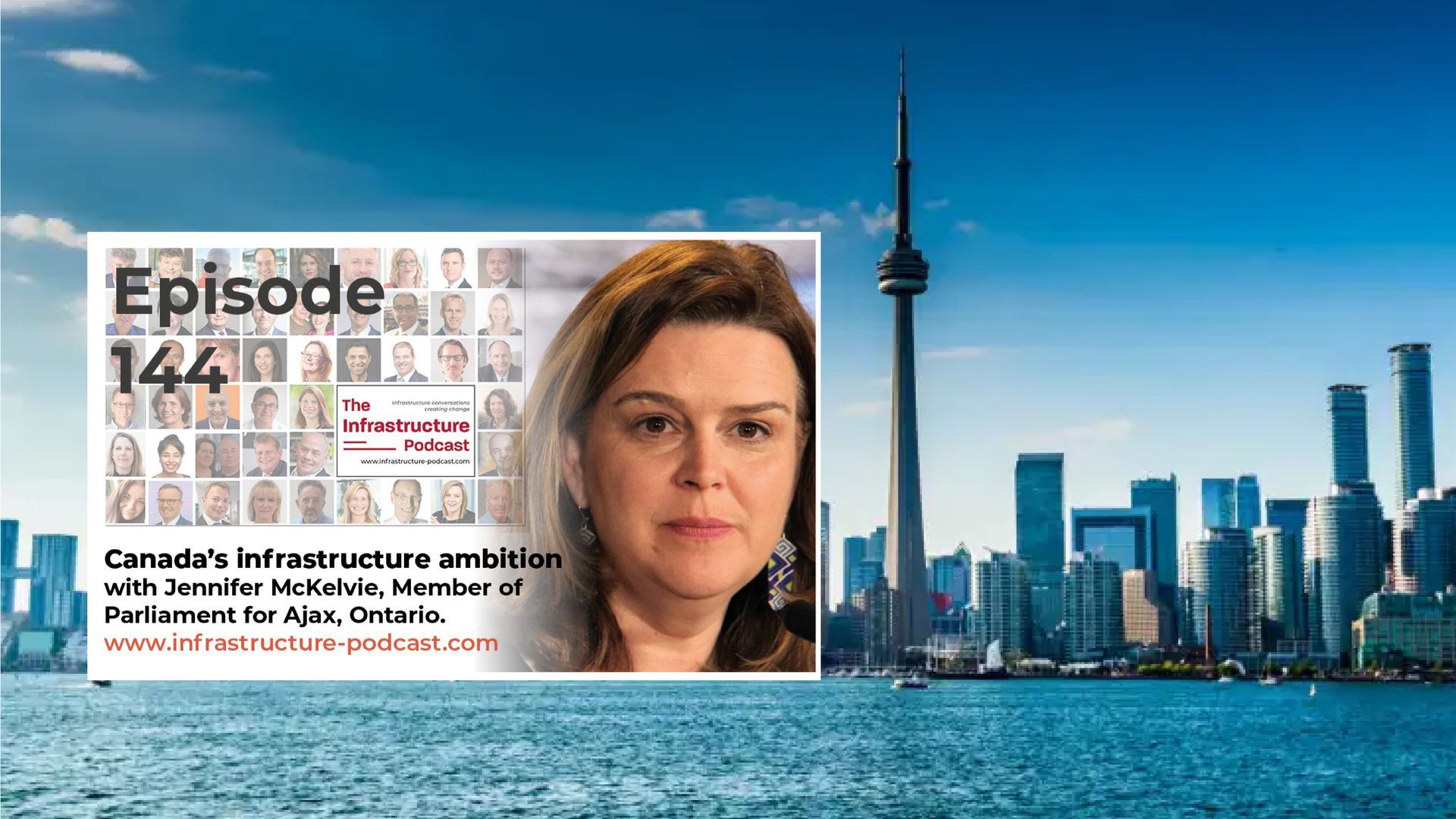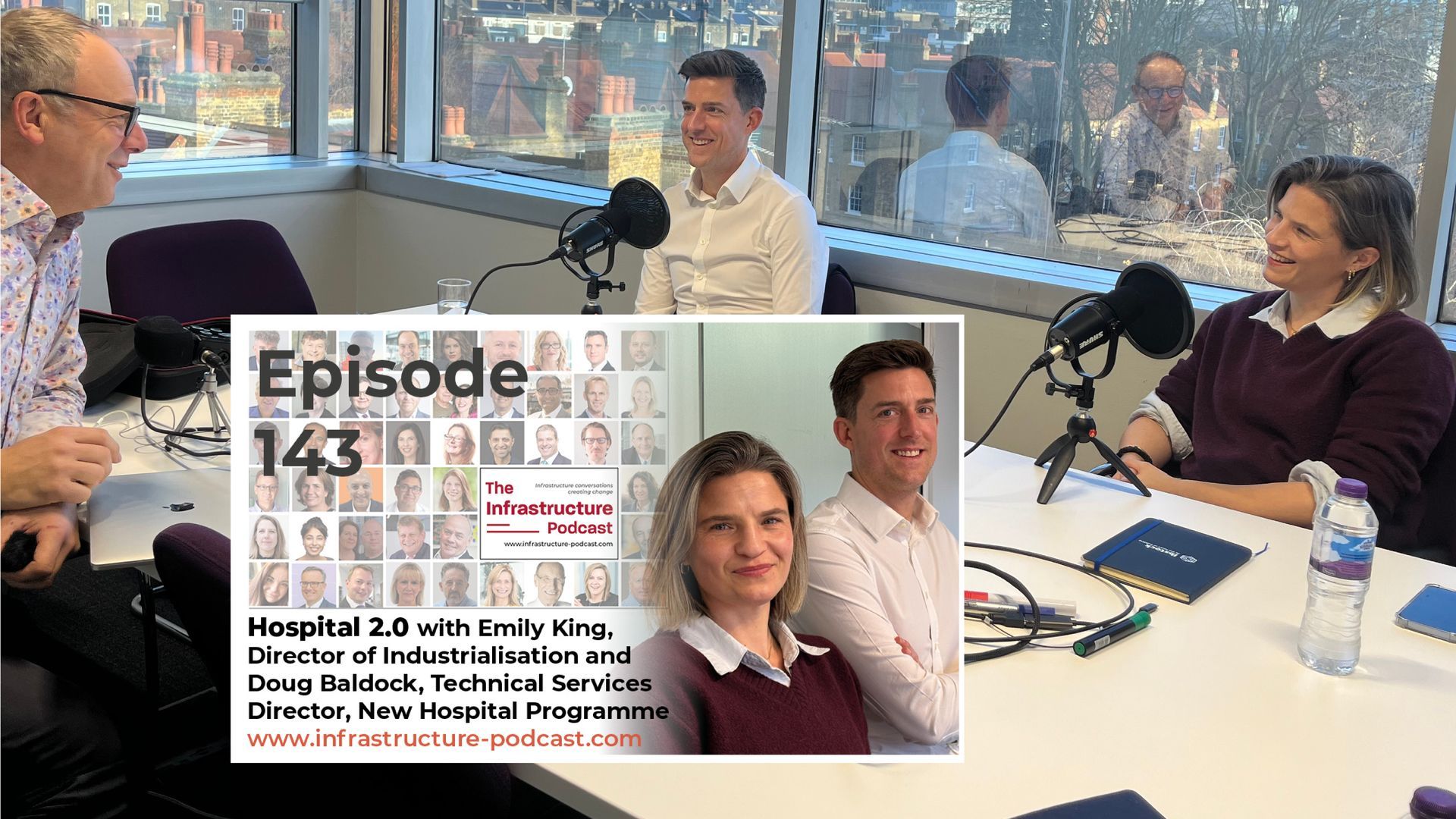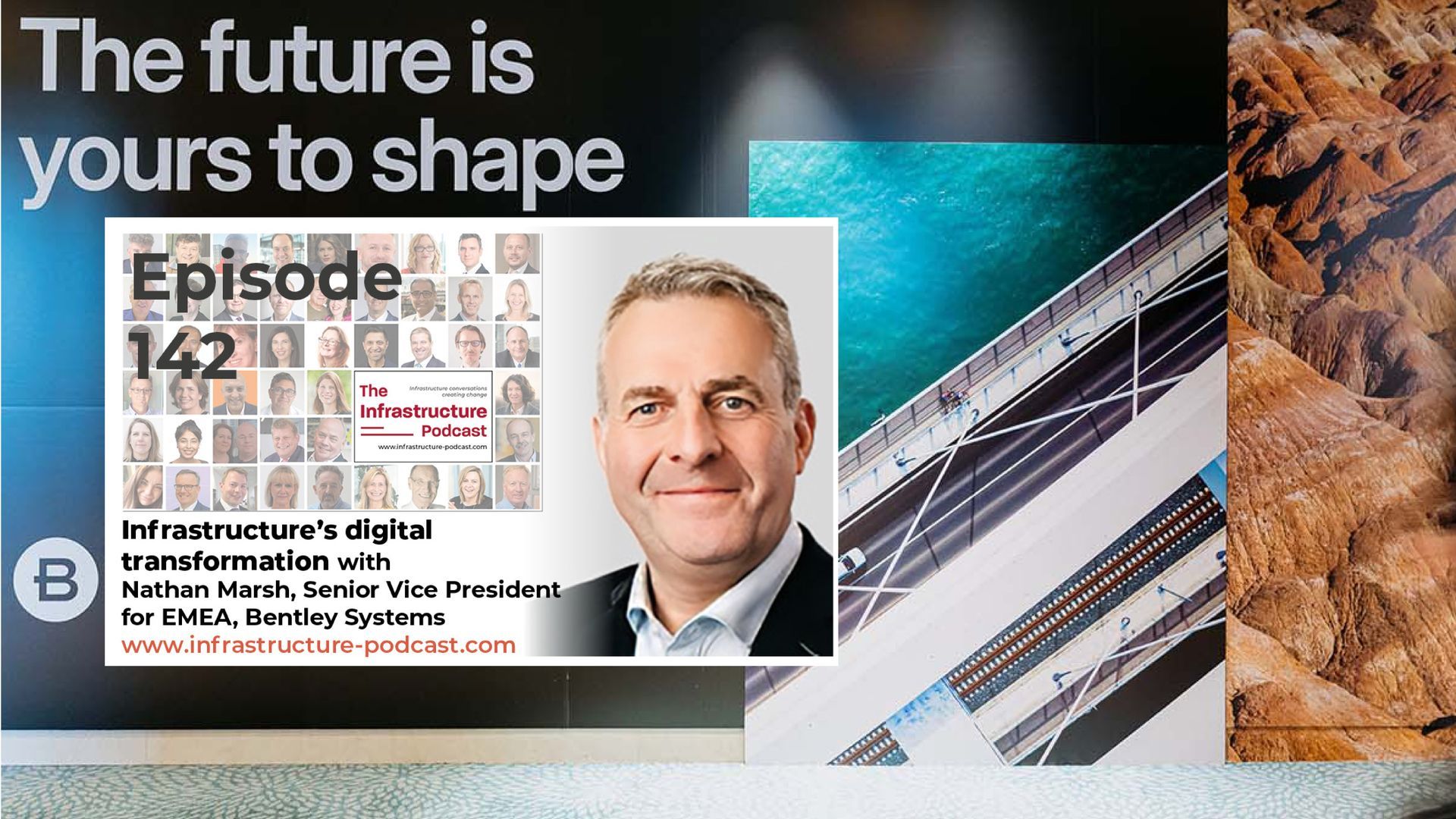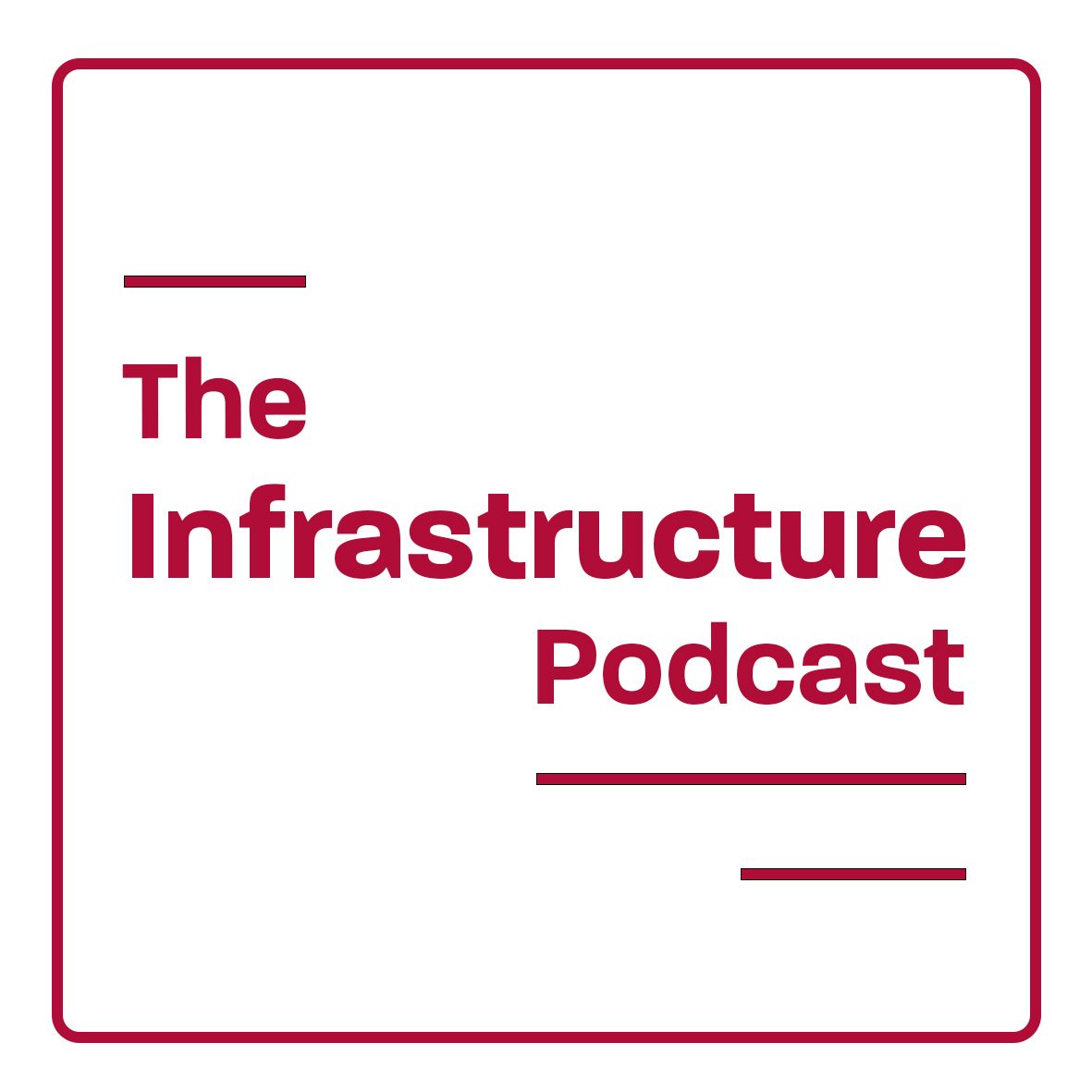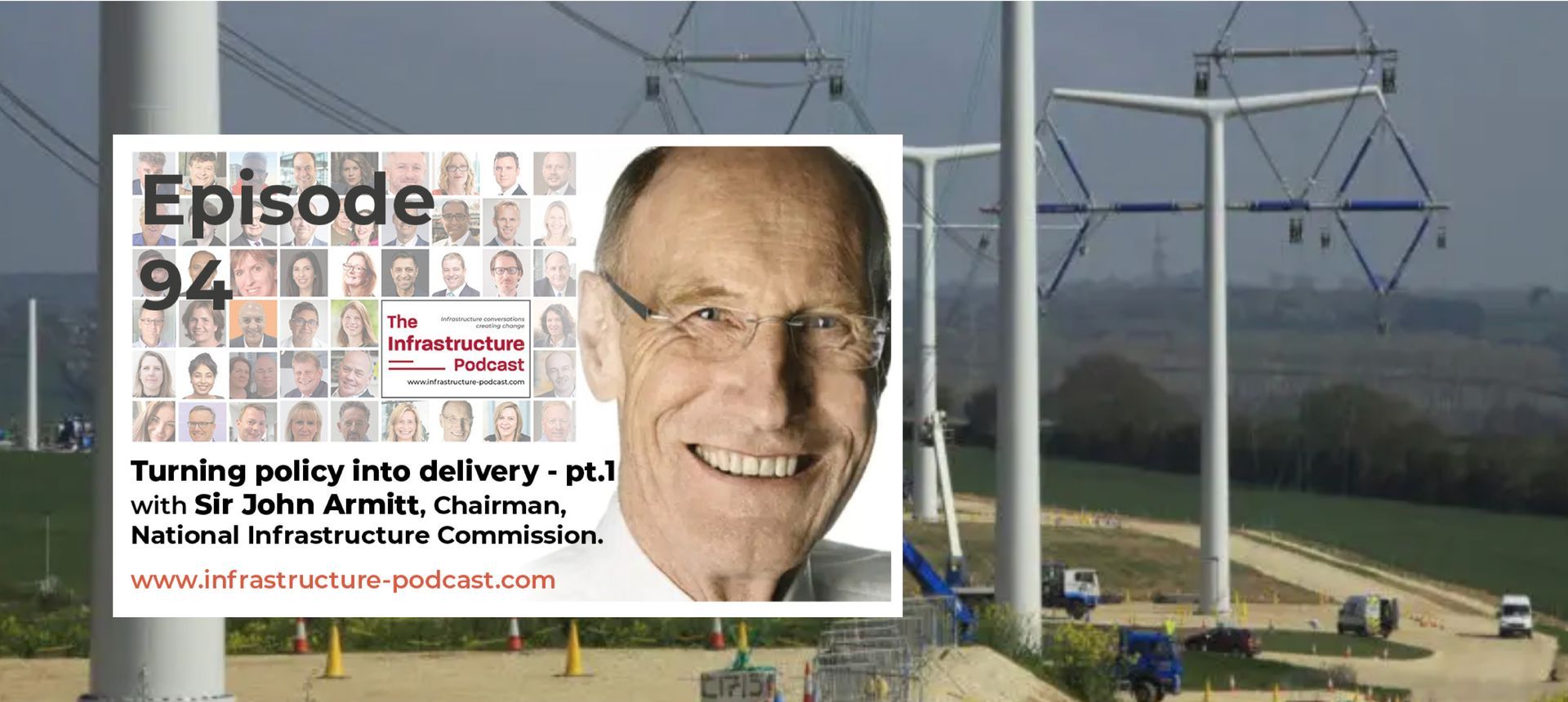Turning policy into delivery
What better way to round off The Infrastructure Podcast’s 2024 than with a special two-part interview with infrastructure legend Sir John Armitt, Chairman of the National Infrastructure Commission!
Part 1 is now live at
here and on Apple, Spotify and all your favourite podcast hosts. Part two will follow just before Christmas.
Sir John steps down from the NIC in the Spring after nearly seven years as chairman and as the organisation joins with the Infrastructure and Projects Authority (IPA) to form NISTA – the all-new National Infrastructure and Service Transformation Authority.
To be honest, having known Sir John for more than a couple of decades, I always find a conversation with him to be both an education and a privilege. His clarity of thinking and depth of knowledge across a vast range of sectors is captivating and a real pleasure to witness. As is his passion for ensuring that infrastructure truly acts as a catalyst for improving lives and creating a better world – he is the modern-day exponent of Tredgold’s ambition for “directing the great sources of power in nature”; the genuine expert voice of experience, calm and common sense.
The podcast is an opportunity for him to discuss the challenges that face NISTA as the UK attempts to accelerate investment in the vital infrastructure needed to drive economic growth, adapt to a changing climate and improve the lives of communities. And it also presents an moment to reflect on the successes and work still to do since Sir John helped bring the NIC to life in 2015.
The issue is hot! Barely a day goes by without a new announcement it seems. I sat down with Sir John just before Prime Minister Sir Kier Starmer announced his “measurable milestone” to fast-track planning decisions on at least 150 major economic infrastructure and couple of days before Deputy Prime Minister Angela Rayner announced plans to accelerate planning decisions on housing. As he points out, infrastructure is an exciting and fast moving place right now as the government presses hard to accelerate delivery of its £40bn plus pipeline of ambition.
So enjoy part 1 of this conversation as Sir John sets out his thinking on infrastructure strategy, planning reform, boosting productivity and turning policy into consistent delivery.
I think you’ll gain some interesting take-aways – I certainly did! Enjoy the episode.
